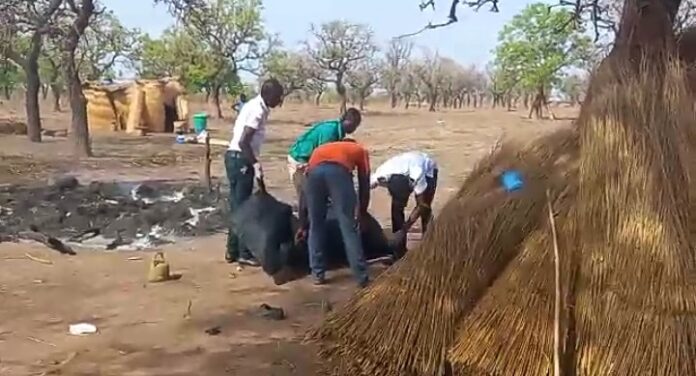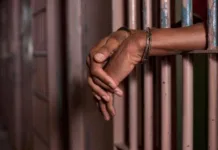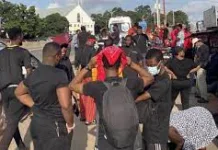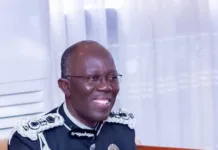
The Executive Director and Security analyst for Jatikay Centre for Human Security and Peace Building, Adib Saani says the leadership of the Fulani Community in Ghana are having difficulty in restraining their men after the attack on Zakoli in the Yendi Municipality.
The Zakoli community came under attack after reports that a Konkomba biology teacher was killed on his way home.
In a reprisal attack, some persons on a motorbike attacked the Zakoli Community, resulting in the killing of about nine persons.
“We are shocked by the inability of the Ghana Police Service to arrest a single suspect days after the incident. Not even a statement has been issued by the police in respect of the crime.
“Jatikay Centre has had the opportunity to interview some leaders of the Fulani Community in Ghana and they appear to be having a hectic job appealing to their fellows to remain calm. According to them, their peace advocacy in the face of the attacks is proving ineffective because of the inaction of the police in arresting the culprits,” Mr. Saani disclosed in a statement seen by Starrfm.com.gh
He continued “This obviously poses a major threat to the security of the state in a sense that the proliferation of small arms and light weapons has resulted in many of the residents of the communities in that area being armed to the teeth.
“When Fulanis stage revenge attacks, it could start a full-blown conflict. Already, there are many human insecurities that have pushed a lot of young people in the area into uncertainty. Any trigger can cause these young people to explode into open belligerence as they already do not have much to live for.”
Jatikay Centre believes that Ghanaian authorities need to do more to protect minorities in the country so they don’t become vulnerable to terrorists.
The Security Analyst also called on the media to be circumspect in their reporting that influences negative stereotypes. “It is certainly unfair to paint all Fulanis with a single stroke of brush because of the actions of a negligible few.
“A lot of Ghanaians need education on the history of Fulanis in Ghana. Everybody comes from somewhere. The first census, held in 1891, in Ghana reported Fulani communities. Most Fulanis seen today are 3rd or 4th generation Fulanis whose forefathers lived in Ghana way before independence, like the 2nd lady of the Republic, Hajia Samira Bawumia. Not all Fulanis are foreigners.
“We appeal to Government to do more to curb impunity and safeguard the rights of minorities in Ghana. Government should foster deeper collaboration with the Fulani community in Ghana so that, together, we can be partners for peaceful co-existence and development.”
Source: Ghana/Starrfm.com.gh/103.5FM/Isaac Dzidzoamenu




